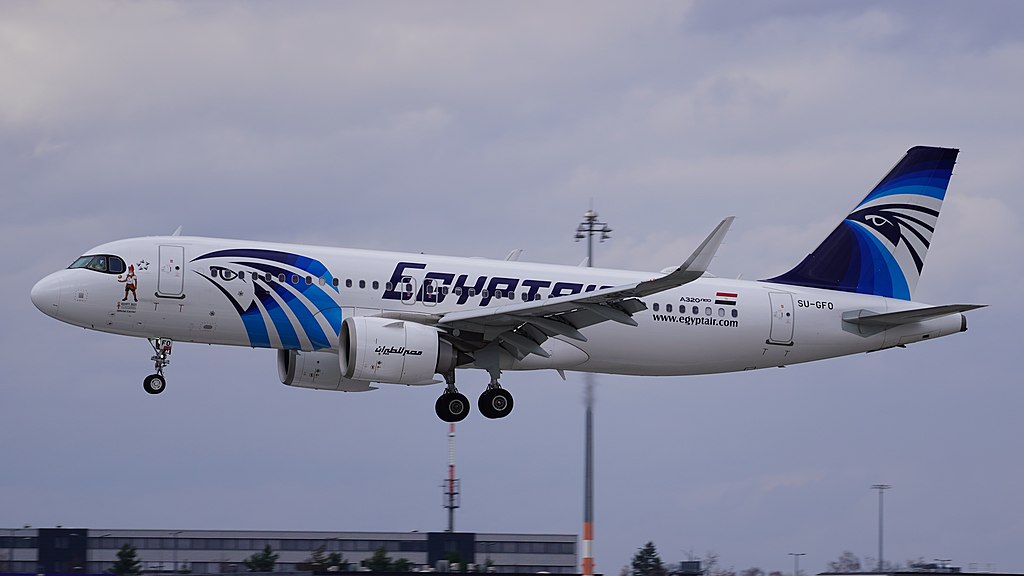Egypt, in 1979, was the first Arab country to sign a peace treaty with Israel, but until about two years ago, bilateral relations were invariably chilly, if not downright frigid.
In virtually every aspect, Israel’s relationship with Egypt was unremittingly cold, the direct result of Egypt’s wholehearted embrace of the Palestinian cause and grassroots Egyptian support for the Palestinians. To the average Egyptian, Israel was beyond the pale.
Israel sought warmer relations with Egypt, but with Israel’s conflict with the Palestinians unresolved and periodically exploding into violence, the Egyptian leadership kept bilateral ties to a bare minimum.
Cultural and scientific relations were nonexistent. And while many Israelis visited Egypt, particularly the Sinai Peninsula, the Egyptian government discouraged the flow of Egyptian travellers to Israel.
The mass media in Egypt, meanwhile, mercilessly attacked Israel and even resorted to publishing antisemitic cartoons reviling Israelis. The intellectual elite denounced the very notion of normalization with Israel.
Successive Egyptian presidents from the 1973 Yom Kippur War onward — Anwar Sadat, Hosni Mubarak, Mohammed Morsi and Abdel Fattah el-Sisi — chastised, criticized or demonized Israel to various degrees.
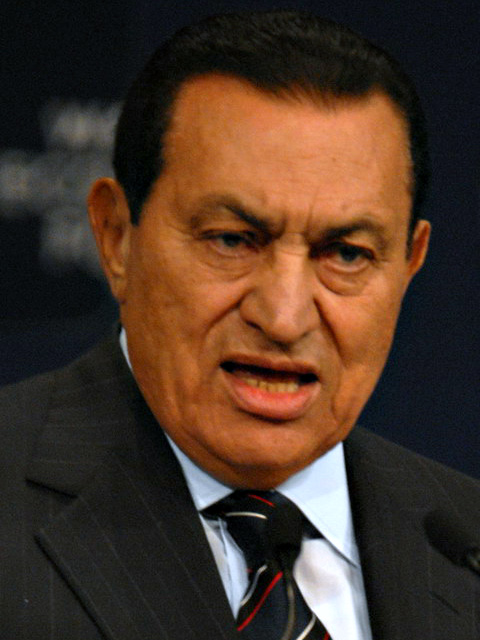
And in response to regional upheavals — Israel’s invasion of Lebanon in 1982 and the first and second Palestinian uprisings in 1987 and 2000 — Egypt recalled its ambassador in Tel Aviv for lengthy periods.
The spirit of neighborly relations between Israel and Egypt manifested itself in only three distinct areas.
Egypt was a member of the Qualified Industrial Zone (QIZ) program, which was started by the United States in 2004 to build Israel’s economic ties with Egypt. The Egyptians welcomed the expertise of Israeli specialists in water technology and desert agricultural. Israel and Egypt worked closely together in combatting the local franchise of the Islamic State organization in the Sinai. And Egypt was always ready and willing to be a mediator following an outbreak of heavy cross-border fighting between Israel and Hamas.
Since the Abraham accords of 2020, Israel’s relations with Egypt have gradually warmed up, especially in the commercial sector. Egypt, having observed that normalization has benefited Israel, the United Arab Emirates, Bahrain and Morocco, has jumped aboard the peace train.
Several days ago, an Egyptian trade delegation, consisting of 12 industrialists and business people, arrived in Israel in the first such visit in more than 10 years. All of them are members of the QIZ program.

The program, which exists in Jordan as well, is of value to both Egypt and Israel. Egyptian products are allowed into the United States on a duty-free basis if 10.5 percent of their components are made in Israel. Last year, QIZ products accounted for up to 37 percent of Egypt’s exports to the United States.
The vast majority of Israeli goods exported to Egypt under the QIZ protocol have been textiles, industrial chemicals and rubber and plastic products. Imports from Egypt include fresh fruits and vegetables, industrial chemicals and mechanical machinery.
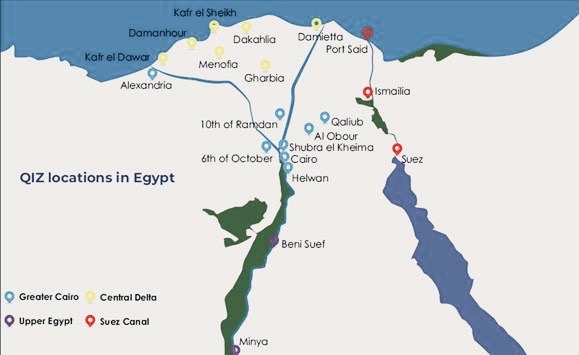
In 2021, the volume of Israel’s trade with Egypt reached $330 million, a figure that is likely to grow to $700 million in the next three years. This means that Israel will have to expand its Egyptian border post at Nitzana and widen roads leading to it, a project expected to cost $30 million over two years.
Since 2020, Egypt has been a buyer of Israeli natural gas. According to the weekly newsletter Middle East Economic Survey, Egypt of late has been purchasing over 20 million cubic meters per day. Over the next 15 years, Egypt is expected to buy 85 billion cubic meters from Israel. Egypt hopes to become a hub of the natural gas industry in the eastern Mediterranean.
On June 15, Israel, Egypt and the European Union signed a memorandum of understanding in Cairo under which Egypt will export Israeli liquified natural gas to Europe.
Israel’s growing economic ties with Egypt extend into tourism. Last autumn, EgyptAir, Egypt’s flagship carrier, inaugurated flights from Cairo to Tel Aviv. Until then, EgyptAir had boycotted Israel, with Air Sinai, a very small company, being the sole carrier servicing both countries.
Three months ago, EgyptAir announced it would open a new route from Ben-Gurion Airport to the Red Sea resort of Sharm el-Sheikh in the Sinai.
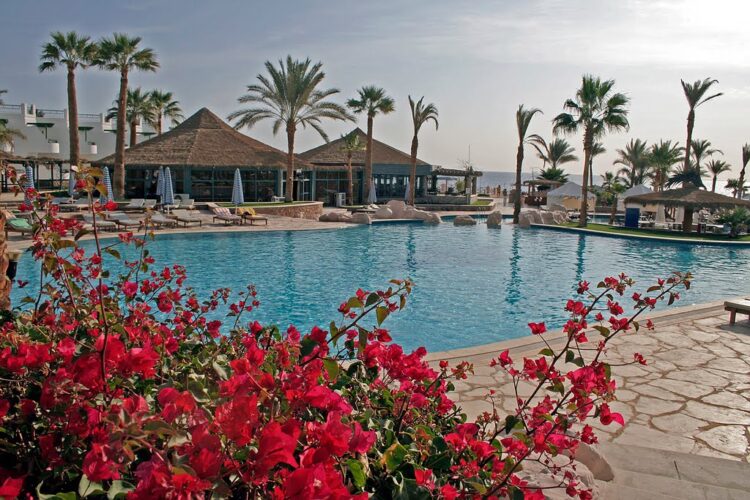
Israel’s relations with Egypt have improved on the political level, too.
Last September, Israeli Prime Minister Naftali Bennett visited Egypt. It was the first such visit by an Israeli premier in a decade. This past March, Sisi invited Bennett to a summit in Sharm el-Sheikh attended by the crown prince of the United Arab Emirates.
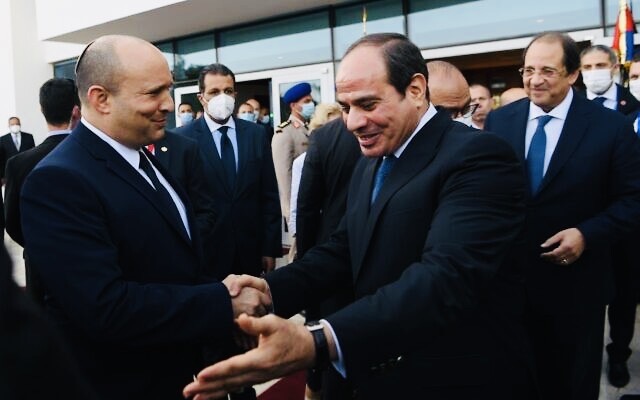
After decades of coolness, it would appear that Israel’s relations with Egypt are on the upswing.
